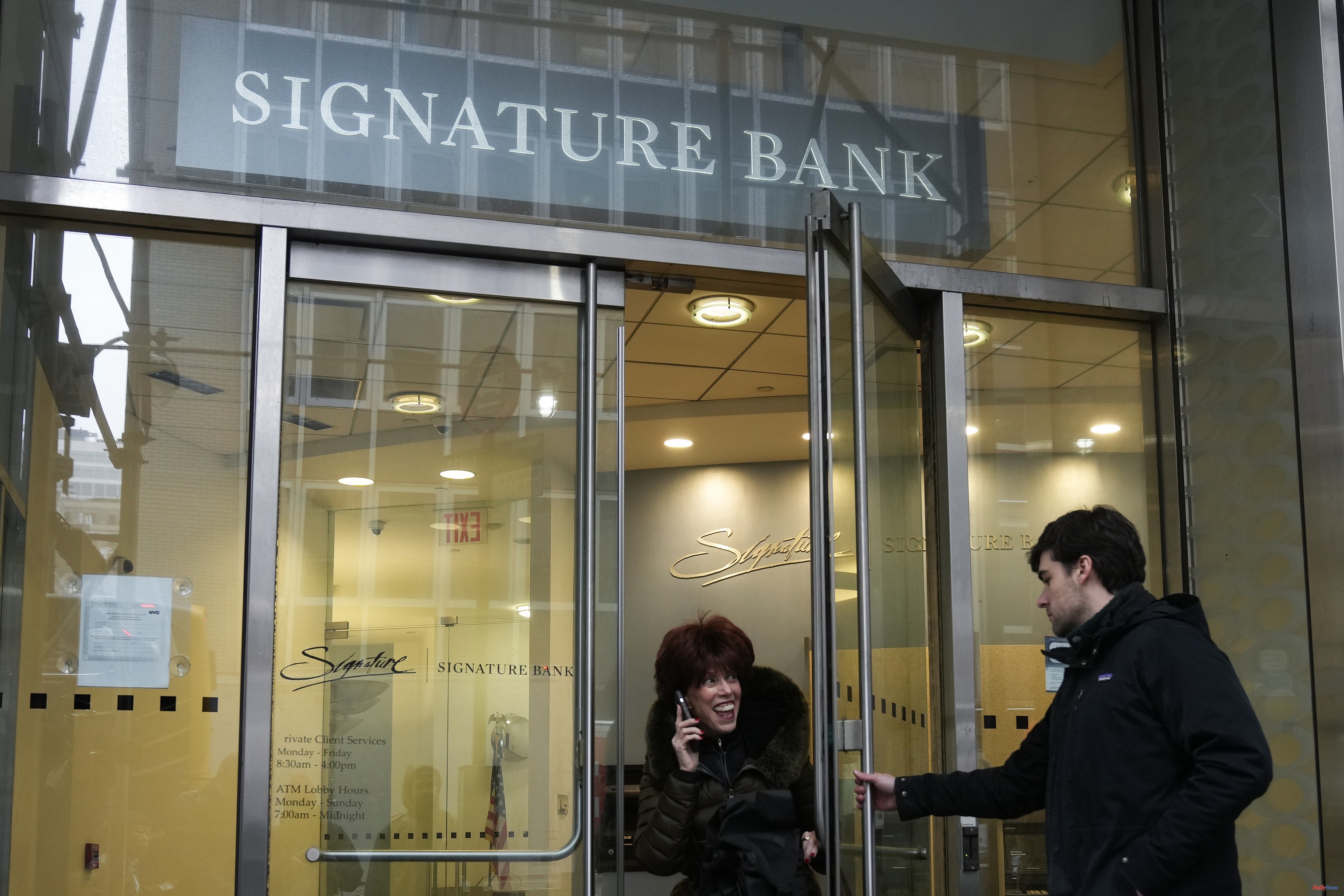The global financial crisis threatens to create a 'balance sheet recession', ie a credit crunch that sinks growth. The first international organization to assess this cost in the 'real economy' of the banking crisis is the Inter-American Development Bank (IDB), which is holding its annual assembly in Panama.
According to the chief economist of that organization, Eric Parrado, if a "financial shock" occurs, Latin America and the Caribbean run the risk of registering zero growth in 2023. The IDB analysis starts from a pessimistic basis for the region, since that the entity foresees that, even if the crisis stops, growth will barely reach 1% this year, a very low figure that indicates the persistence of structural problems in Latin America.
Meanwhile, the markets reopen today with an eye on the possible risk of banks that have ties to Credit Suisse, which this Sunday was bought - with massive state intervention - by its Swiss rival UBS. The second element of concern continues to be the midsize banks in the United States. Washington managed last night (early today in Spain) to find a buyer for one of the banks that has intervened since the beginning of the crisis.
New York-based Signature Bank will be acquired by New York Community Bank, and its 40 branches will come under the Flagstar brand, one of those used by that entity. New York Community Bank will pay 2,700 million dollars (2,500 million euros) for Signature, with which it will take control, in addition to all the branches of that bank, of 38,400 million dollars (36,000 million euros in assets).
That's just a small part of Signature's assets. Around 60,000 million dollars more will go to remain in the hands of the State, which hopes to sell them, presumably at a good price, in the future. Signature was the second bank to collapse in this crisis, after the Californian Silicon Valley Bank (SVB), which is twice as large and for which Washington has yet to find a buyer.
Signature's collapse was mainly due to its investments in cryptocurrencies - whose value plummeted in 2022 - and the massive withdrawal of deposits from the entity after the intervention of SVB. Signature had a large number of deposits that exceeded the 250,000 dollars (234,000 euros) that the State guarantees in the US.
According to the criteria of The Trust Project












